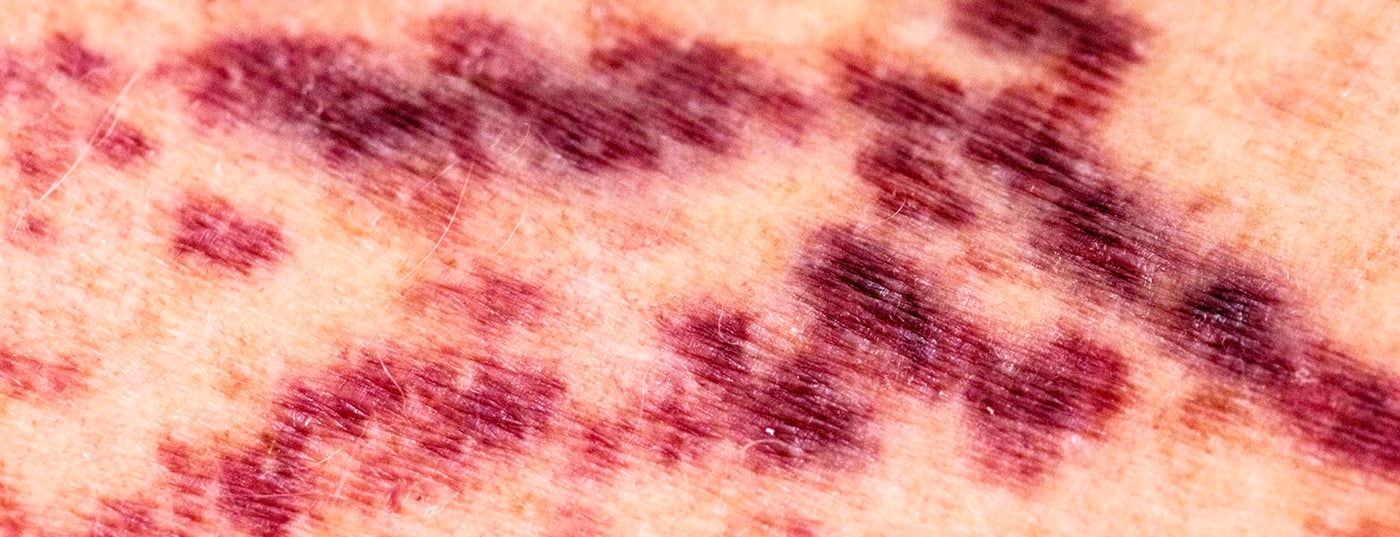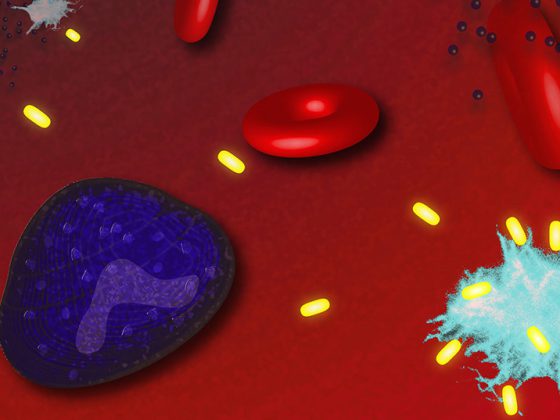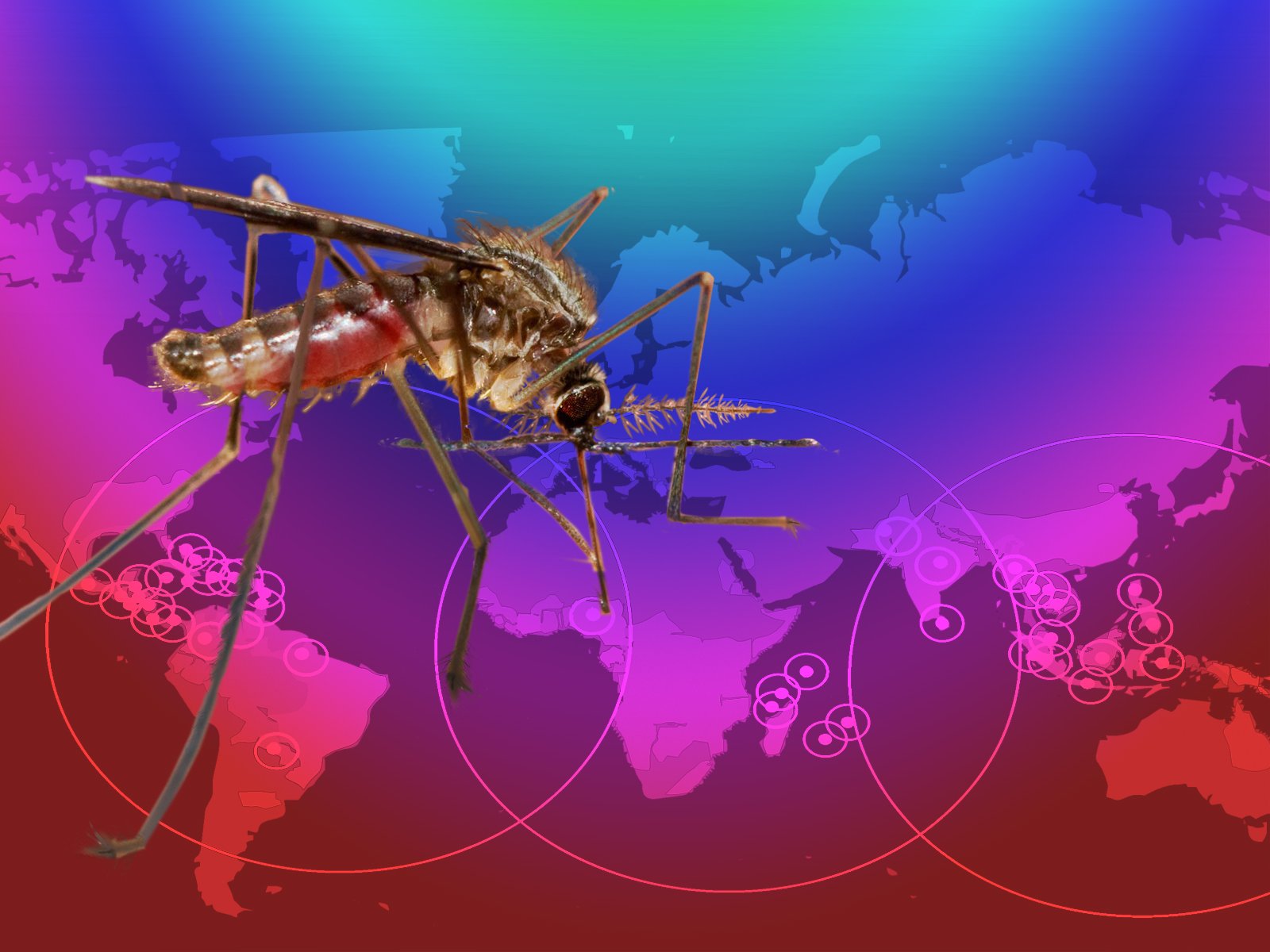For patients with ANCA-associated vasculitis, one of the most severe rheumatic diseases, treatment options have improved in recent years. Biologics therapies are also gaining ground in these rare diseases. These are not infrequently regarded as the new therapeutic standard. The German Society for Rheumatology (DGRh) takes the new treatment recommendations from the USA into account. Updates of European and German recommendations and guidelines are in preparation based on new results from therapy studies.
In ANCA-associated vasculitis, which affects a few thousand people in Germany, the immune system attacks small blood vessels throughout the body. “In these diseases, certain malformed antibodies from the group of “ANCA” autoantibodies lead to an activation of defense cells, the neutrophil granulocytes, which then causes vascular inflammation (=vasculitis) and damage to the vascular system in various organs such as the kidney. This in turn can endanger the blood flow and function of vital organs,” reports Professor Andreas Krause, MD, President of the DGRh and Chief Physician at Immanuel Hospital Berlin. “The kidneys are often attacked, but the heart and lungs, nervous system and gastrointestinal tract, throat, nose, ears, eyes or skin may also be involved.”
Experts distinguish three forms of ANCA-associated vasculitis: granulomatosis with polyangiitis (GPA), microscopic polyangiitis (MPA), and eosinophilic granulomatosis with polyangiitis (EGPA). Common to all forms is the appearance of vasculitis. If left untreated, a disease flare can lead to death within a few months. Therapeutically, glucocorticoids (“cortisone”) and other agents are used that inhibit the immune system but often make patients more susceptible to infection. For the therapy of GPA and MPA, the drug rituximab is used in particular today. This drug is a biologic, i.e. a genetically engineered therapeutic antibody that destroys B cells. These play a crucial role in the inflammatory process. It is used in GPA and MPA to end disease relapses (“remission induction”) and prevent new relapses (“remission maintenance”). “The previously used cytostatic drug cyclophosphamide, which inhibits blood formation in the bone marrow and can lead to infertility, can now often be dispensed with,” says Professor Krause. Today, plasma exchange is also only necessary in severe exceptional cases, for example in the case of rapidly progressing kidney damage despite drug therapy. Also available for EGPA is mepolizumab, a biologic newly approved in November 2021. It inhibits the growth of a special defense cell population called eosinophil granulocytes, which play an important role in EGPA.
In the past, high-dose glucocorticoids were used temporarily to bring a disease flare-up that was life-threatening for patients to an end as quickly as possible. A lower dose is now used, which has produced equally good results in one study (PEXIVAS). In January of this year, the active ingredient Avacopan was also approved in Europe. Professor Krause explains, “The new drug inhibits the activation of the complement system involved in ANCA-associated vasculitis.” In a clinical trial (ADVOCATE), Avacopan significantly reduced the need for cortisone in particular for remission induction. According to the expert, patients will not be able to manage completely without glucocorticoids in the future, but possible side effects such as infections and diabetes could be significantly limited.
Last year, American experts formulated new recommendations for the therapy of ANCA-associated vasculitis. These recommendations have now been presented by a team led by Professor Julia Holle, MD, of the Rheumazentrum Schleswig-Holstein Mitte in Neumünster, Germany, in the Journal of Rheumatology (2022; 81: 280-285). “For patients, the successful use of biologics and the reduction of the glucocorticoid dose is an important advance,” says Professor Holle. However, many questions are still open, he said. Thus, it remains unclear how long maintenance therapy must last following remission. Here, too, the aim is to protect patients as far as possible from the side effects of the drugs without losing control of the disease process. “However, the U.S. recommendations published in 2021 do not take into account new compounds approved in 2022, such as avacopan,” Professor Holle explains. Thus, updates to treatment recommendations and guidelines are already needed. An update of the European and German recommendations and guidelines is currently being worked on.
Literature:
Julia U. Holle, Bernhard Hellmich & Frank Moosig. Therapy update of ANCA-associated vasculitides: Granulomatosis with polyangiitis and microscopic polyangiitis. Journal of Rheumatology 2022; 81: 280-285.











